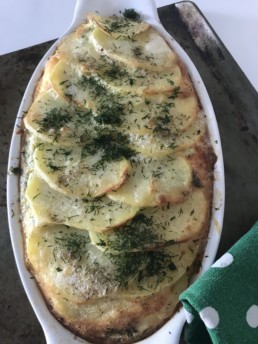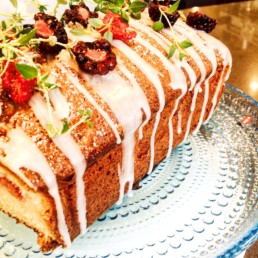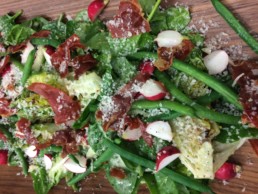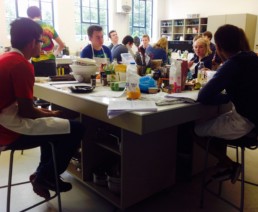What’s for Supper – Easter Sunday with confit salmon & oven dried tomatoes with celeriac mash
After so many warm and sunny weeks in Cambridge, I am glad to be using up the last of my winter root vegetables, which were stored in a shady corner of my balcony. With this mash, the last Celeriac of the season goes and I am now mentally and culinarily ready to move on to new potatoes and asparagus!
In French, confit, means a preserve, a jam, and it is the kitchen term for cooking something slowly with an aim to preserve it. The food can be slow cooked in oil, or a sugar and water, at low temperatures over a longer period of time than cooking at normal temperatures would require. The most well known savoury dish is confit duck, where the slow cooked duck legs are left to cool down, and kept completely buried in the cooking fats, thus hermetically sealed in. This method allows for fresh duck to be kept for months on end. When using confit’ing to cook fish or vegetables at low temperature, in a fat, the aim is not so much to preserve, more to gain the benefits which are unrivalled succulence and none of the usual dimming of colour associated with other cooking methods. The green of vegetables is just as vibrant after being confit’ed as is the bright red of wild salmon.
The results are similar to those acquired by sous vide cooking (sous vide meaning “under vacuum”), where food is vacuum packed into plastic bags before being immersed in a water bath and kept at a constant low temperature for many hours, often over night, so it’s ready to quickly brown and serve for service. It cuts down on waste, as there is no shrinkage during cooking, it makes the work of chefs infinitely easier as there is no need to check the food while cooking to gauge if the interior temperature and consistency is exactly as required when there is only the exterior to go by; and it also guarantees the same result over and over. So a method introduced to make life in big kitchens easier, became all the rage as it results in tender, succulent and vibrant looking food, cooked in its own juices.
Slow cooking at low temperature, in oil, results in meltingly delicious and soft protein, plant and animal based. I tend to give my confit salmon a Swedish touch by gently rubbing in sea salt and sugar and leaving it like that for about 30 minutes before I cook it. Today I added some rosemary as well, before immersing it in olive oil and cooking it at 70C – one of the very lowest settings for my oven. The time depends on the size of the pieces of salmon, but for small pieces like mine, about half an hour sufficed. The fish should be cooked – just – but won’t be firm as it is when oven roasted or pan fried, but tender and soft.
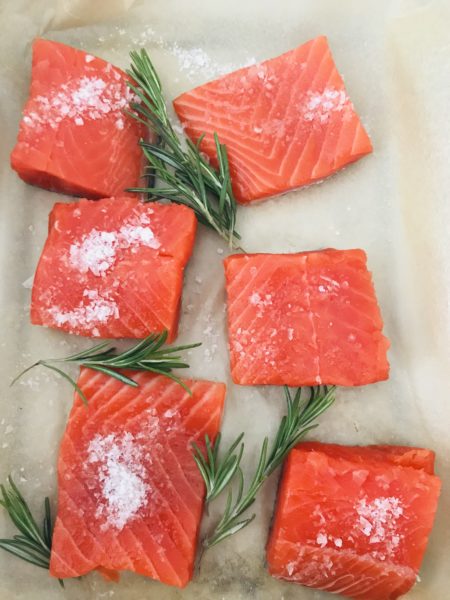
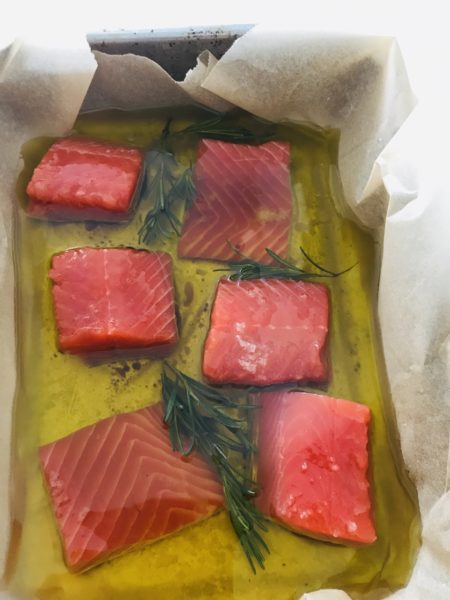
While so many shelves were empty in the shops after those frantic days before lock down, one shelf remained miraculously resplendent; the tomato shelf. Either we have a serious over supply of tomatoes or tomatoes were rejected in the rush to buy long life ingredients. I decided to use another slow cooking method for my ample supply of cherry tomatoes – oven drying until demi-sec, not totally dried. I added some sliced lemon and some more of my fresh rosemary, sprinkled on sea salt and tiny bit of sugar, poured a little oil over and left them in an oven for 90 minutes, at a temperature of 120C.
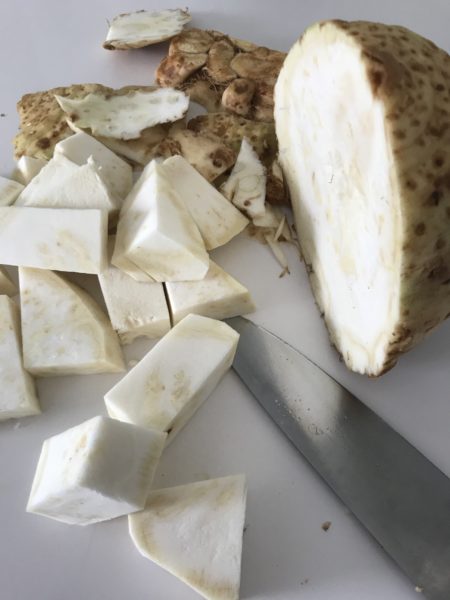
With both the salmon and the tomatoes taking care of themselves in the oven, I turned my attention to making celeriac mash. Cut away the skin, cut into cubes, simmer in salted water until soft, mash. Beat in butter and a little full fat milk. I always add a little cream, if I have it, to any mash I make. I often throw in one large, cubed, King Edward potato with a celeriac or parsnip mash as it gives a smoother texture when mashed. For one celeriac I used almost 100g butter and about 100ml milk/cream. Rich, yes, but serving 8 (with my portion control, anyway) that is not bad. And it is a treat. If you are keen to restrict fat, the you could roast the celeriac, whole, wrapped in foil, for a couple if hours, or slice it and cook with with already softened sliced onion, in a stock, to make a delicious Boulangère or bake it with a few knobs of butter, some herbs and a few good splashes of that favourite stove side tipple of mine, Marsala wine!
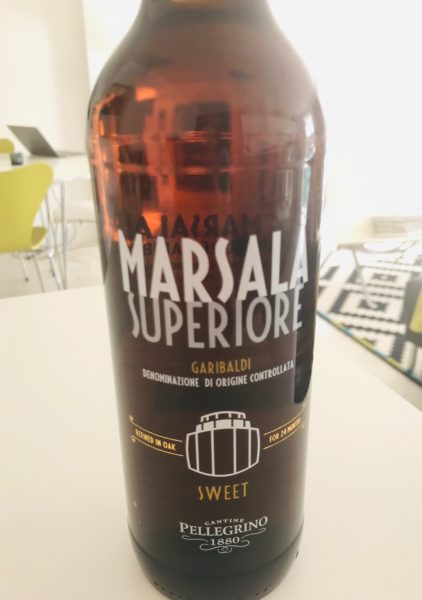
What’s for supper tomorrow
Delicious plant based, Indian inspired favourites from another outstanding chef on our team, Jackie Hobbs. A bank holiday feast of Red lentil Dahl, roasted sweet potato with fennel and cumin, Coconut relish and yoghourt raita with mint and cucumber. Join us at the table!
Oven proof….
February 21, 2017
Seasonal lamb recipes
November 25, 2016
Duke of Edinburgh cooking for Uni
August 27, 2015
